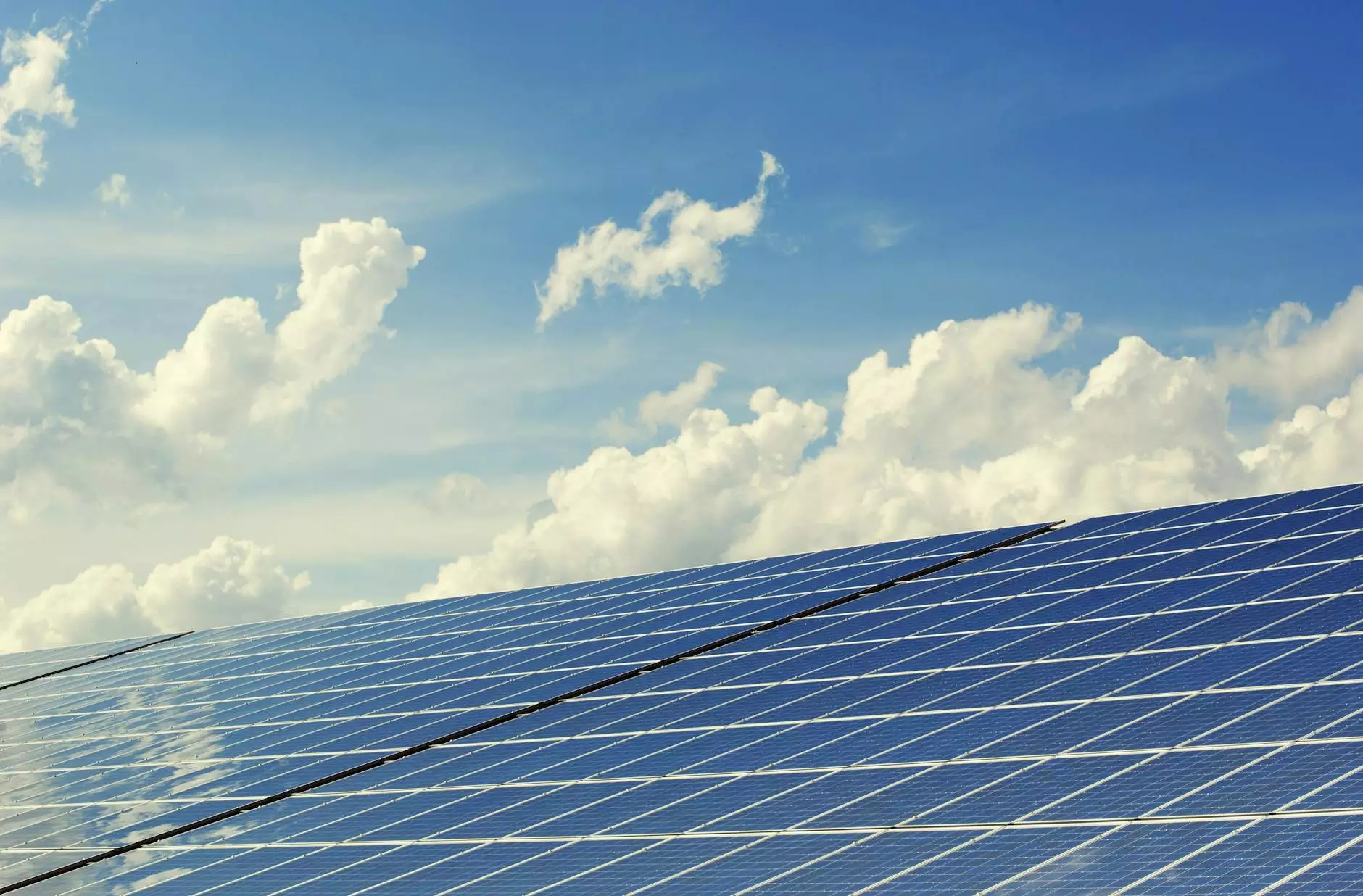The Ultimate Guide to Residential Power Generation Systems

Are you looking to take control of your energy needs while reducing your carbon footprint? Residential power generation systems offer a sustainable solution to meet your electricity requirements. In this comprehensive guide, we will explore the benefits, types, and installation process of residential power generation systems.
Benefits of Residential Power Generation Systems
Switching to a residential power generation system can provide numerous benefits for homeowners. Firstly, it allows for greater energy independence, reducing reliance on the traditional grid. This can lead to significant savings on electricity bills over time.
Moreover, residential power generation systems are environmentally friendly, utilizing renewable energy sources such as solar or wind power. By harnessing the power of nature, homeowners can lower their carbon emissions and contribute to a greener planet.
Types of Residential Power Generation Systems
Solar Power Systems
Solar power systems are among the most popular choices for residential properties. These systems capture sunlight through solar panels and convert it into electricity through the use of inverters. Solar power is a clean and abundant source of energy that can power your home efficiently.
Wind Power Systems
Wind power systems harness the energy of the wind to generate electricity. These systems consist of turbines that capture wind energy and convert it into electrical power. Wind power systems are ideal for homes located in areas with consistent wind patterns.
Hybrid Power Systems
Hybrid power systems combine multiple renewable energy sources, such as solar and wind, to provide a more reliable and efficient power supply. These systems offer increased resilience and can ensure continuous electricity generation even in varying weather conditions.
Installation Process
The installation of a residential power generation system involves several steps. Firstly, a site assessment is conducted to determine the optimal location for solar panels or wind turbines. Next, the necessary equipment is installed by qualified professionals to ensure optimal performance.
Once the system is up and running, homeowners can start enjoying the benefits of clean and sustainable energy. Regular maintenance is essential to ensure the efficient operation of the system and maximize its lifespan.
Conclusion
Residential power generation systems offer a reliable and eco-friendly alternative to traditional electricity sources. By investing in a residential power generation system, homeowners can reduce their carbon footprint, lower their energy bills, and gain greater energy independence. Make the switch to renewable energy today and reap the benefits for years to come.









